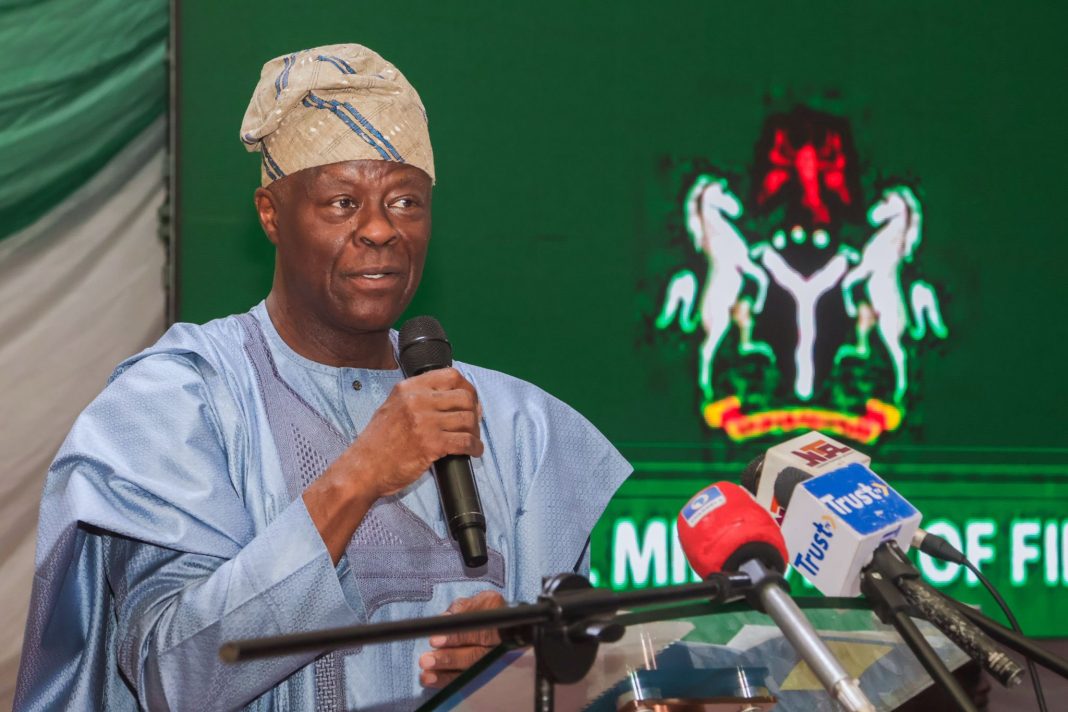To promote economic reform and fiscal accountability, the Federal Government of Nigeria initiated the Revenue Optimization and Assurance Project (REV-OP). The goal of the project is to use digital transformation to improve transparency, stop income leaks, and fortify public financial management.
Following the unveiling ceremony at the Ministry of Finance headquarters in Abuja, Wale Edun, the Honourable Minister of Finance and Coordinating Minister of the Economy, called the project a “clean break from past practices.” Nigeria’s financial future would be more safe and responsible thanks to REV-OP, Edun underlined. He said that this was a fundamental change toward efficiency and openness in the management of public resources rather than a branding.
Three main pillars—transparency, efficiency, and digital transformation—form the foundation of REV-OP. The initiative presents a technologically advanced framework that facilitates data-driven decision-making and real-time monitoring of revenue-generating organizations. The goal of REV-OP, according to Mohammed Manga, Director of Information and Public Relations at the Ministry of Finance, is to increase revenue mobilization in order to foster sustainable growth and economic resilience.
In REV-OP, the daily execution is handled by a specialized Project Management Team and a high-level Steering Committee. In order to maintain momentum, this guarantees efficient coordination and alignment with project objectives, reinforced by frequent meetings.
The launch was attended by senior officials from the Office of the Accountant General, the Central Bank of Nigeria (CBN), and the Federal Inland Revenue Service (FIRS), in addition to private sector technology partners. Government commitment to a multi-stakeholder governance paradigm is reflected in the partnership.
In keeping with President Bola Ahmed Tinubu’s economic agenda, REV-OP prioritizes increasing domestic income production, reducing leaks, and establishing a stable fiscal climate that would draw in investments and propel the country’s growth. The project should greatly improve government tax collection, strengthen public financial accountability, and create the groundwork for a more robust Nigerian economy.
To promote high-impact investments in manufacturing, healthcare, renewable energy, and infrastructure throughout Africa, the Federal Government recently established the ASIF Investment Platform as part of a larger economic agenda.



